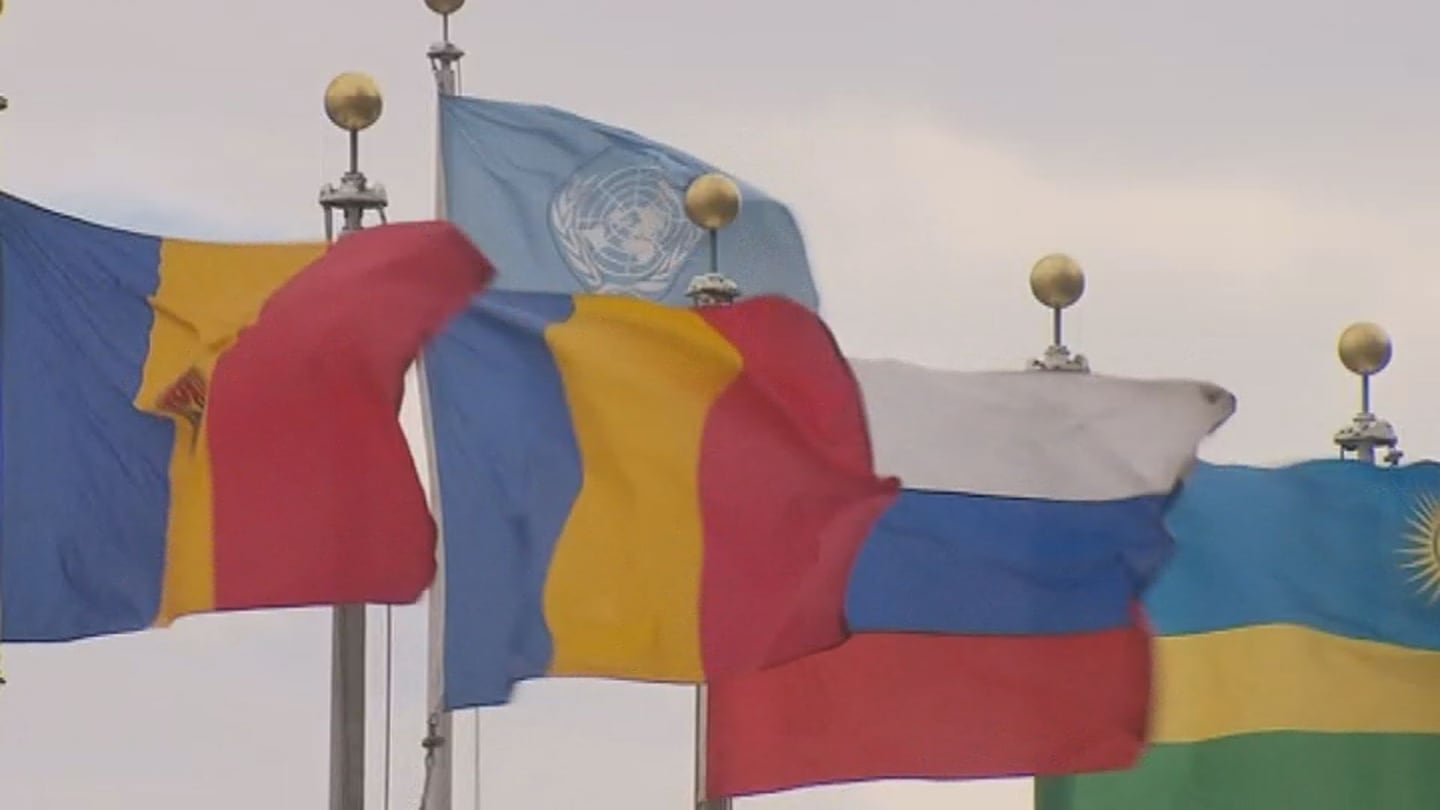On Sunday, New Zealand First announced it would withdraw New Zealand from the United Nations Declaration on the Rights of Indigenous Peoples if elected, citing concerns over race-based preferences. But politicians and legal experts warn against such a move.
“I’m absolutely shocked. I think it’s ludicrous,” says political scientist Aroha Te Pareake Mead (Ngāti Awa, Ngāti Porou) who was one of the contributors working to draft the UN declaration.
Green Party co-leader Marama Davidson calls it a pointless idea (”Koretake ōna whakaaro”) and Māori Development Minister Willie Jackson says he is not surprised at NZ First’s position.
“He aha te mea nui ki a rātou? Kia wikitoria ngā pōti o te auraki i tēnei wā,” he says. (What is important to them? To win votes to return at this time.)
New Zealand First leader Winston Peters has called the declaration a “race-based preference.”
“This was in conflict with our constitution, in conflict with our democracy, and in perpetration of our law - that one view based on race would prevail,” he says.
But Pūkenga Mātua (senior lecturer) Te Wānanga o Raukawa Carwyn Jones says it doesn’t make sense to withdraw from a declaration. “A declaration isn’t something like a treaty that has parties to it,” he says.
UNDRIP: A brief history
The United Nations Declaration on the Rights of Indigenous Peoples is a resolution that was passed in 2007 with an overwhelming majority of the General Assembly in favour of it. Only four countries voted against its adoption - the United States, Australia, Canada and New Zealand. “We suffered some damage to our international reputation then,” Jones says.
Mead points out that all four countries have reversed their decision since then, with Pita Sharples as part of the John Key-led government signing it on behalf of New Zealand in 2010. If New Zealand were to make a statement now to reverse its position again, “it would be the only country in the world to reject the UN Declaration,” says Mead.
Not political
A human rights expert says UNDRIP should be seen for what it is- a human rights document.
“It is a human rights instrument, it was negotiated as a human rights issue,” Te Kāhui Tika Tāngata (Human Rights Commission) rongomau taketake Claire Charters says.
“The UNDRIP doesn’t actually create any new rights. It is not a political instrument,” Carwyn Jones says.
New Zealand First says the declaration is “the starting point and origin of the He Puapua report, which was deceitfully hidden from New Zealand First by Labour.”
It says pulling out of UNDRIP would “consign He Puapua to the rubbish bin of racism.”


